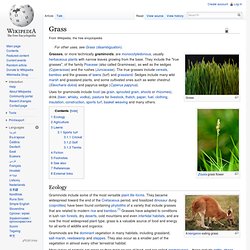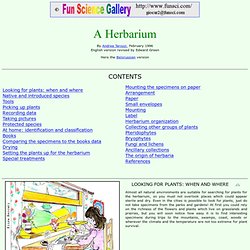

Senescence. Senescence is not the inevitable fate of all organisms.

Organisms of some taxonomic groups (taxa), including some animals, even experience chronological decrease in mortality, for all or part of their life cycle.[1] On the other extreme are accelerated aging diseases, rare in humans. There is also the extremely rare and poorly understood "Syndrome X", whereby a person remains physically and mentally an infant or child throughout one's life.[2][3] Even if environmental factors do not cause aging, they may affect it; in such a way, for example, overexposure to ultraviolet radiation accelerates skin aging.
Different parts of the body may age at different rates. Two organisms of the same species can also age at different rates, so that biological aging and chronological aging are quite distinct concepts. Cellular senescence[edit] Cellular senescence (upper) Primary mouse embryonic fibroblast cells (MEFs) before senescence. Aging of the whole organism[edit] Theories of aging[edit]
Grass. Grass Grasses, or more technically graminoids, are monocotyledonous, usually herbaceous plants with narrow leaves growing from the base.

They include the "true grasses", of the family Poaceae (also called Gramineae), as well as the sedges (Cyperaceae) and the rushes (Juncaceae). The true grasses include cereals, bamboo and the grasses of lawns (turf) and grassland. Sedges include many wild marsh and grassland plants, and some cultivated ones such as water chestnut (Eleocharis dulcis) and papyrus sedge (Cyperus papyrus). Uses for graminoids include food (as grain, sprouted grain, shoots or rhizomes), drink (beer, whisky, vodka), pasture for livestock, thatch, paper, fuel, clothing, insulation, construction, sports turf, basket weaving and many others.
Ecology Graminoids include some of the most versatile plant life-forms. Agriculture Plants of this type have always been important to humans. Lawns A lawn in front of a building Sports turf Cricket Golf Tennis. A Herbarium. A Herbarium By Andrea Tarozzi, February 1996 English version revised by Edward Green Here the Belorussian version The most important part of every collected specimen is the flower, so the best seasons for picking up plants are spring and summer; but remember that certain species show their flowers in autumn or even winter, so do not neglect colder months for your excursions.

As you can read in the books, a few plants have a very short blooming time, which you must strive to catch them at! The most convenient specimens to pick up are those which seem quite dry, and lacking any trace of surface moisture. A herbarium with scientific merit usually relies on the plants which grow naturally in a specific geographic area, so it is important to distinguish between the wild species which actually are your object of interest from those who have grown after a human intervention, as happens for some garden flowers or most cultivated plants.
Psychology. You are the river: An interview with Ken Wilber. Ken Wilber may be the most important living philosopher you’ve never heard of.

He’s written dozens of books but you’d be hard-pressed to find his name in a mainstream magazine. Still, Wilber has a passionate — almost cultlike — following in certain circles, as well as some famous fans. Bill Clinton and Al Gore have praised Wilber’s books. Deepak Chopra calls him “one of the most important pioneers in the field of consciousness.” And the Wachowski brothers asked Wilber, along with Cornel West, to record the commentary for the DVDs of their “Matrix” movies. A remarkable autodidact, Wilber’s books range across entire fields of knowledge, from quantum physics to developmental psychology to the history of religion. Though he’s often described as a New Age thinker, Wilber ridicules the notion that our minds can shape physical reality, and he’s dismissive of New Age books and films like “The Tao of Physics” and “What the Bleep Do We Know.”
Personally, I don’t. It’s understandable. Yes and no.
Herbology. Astro.